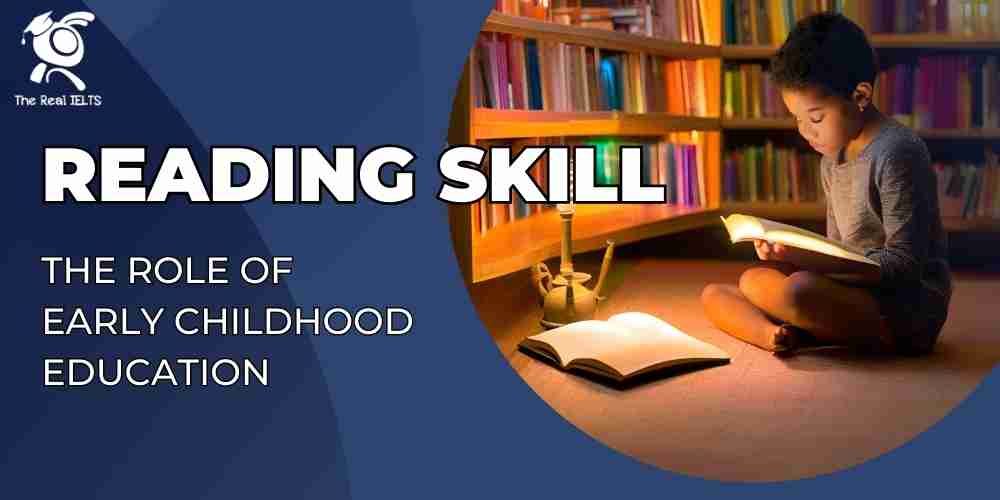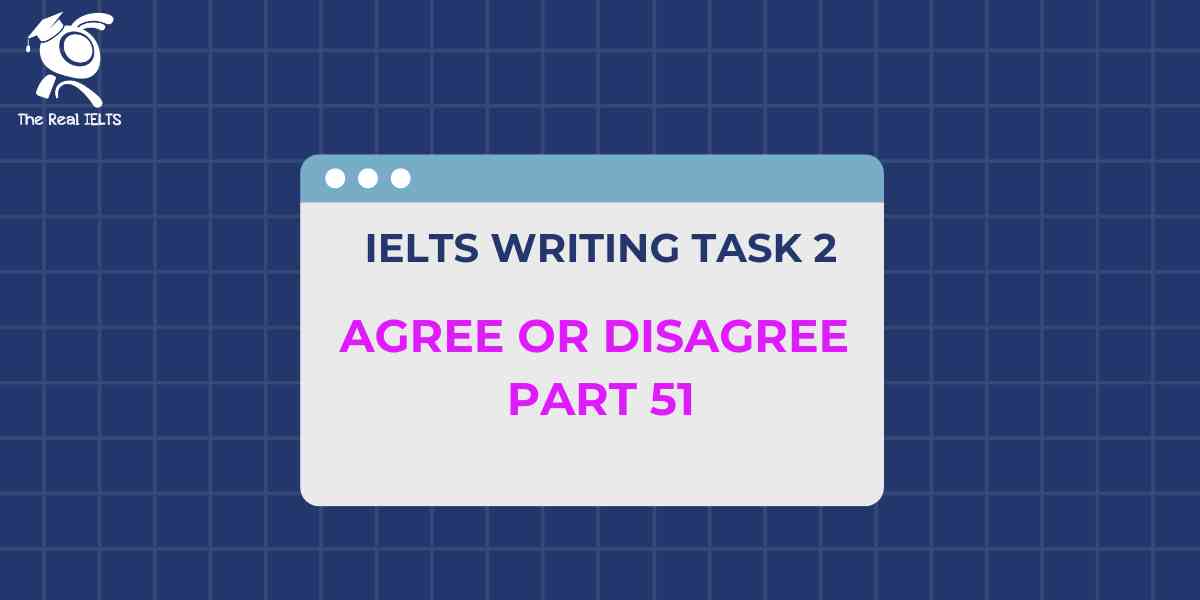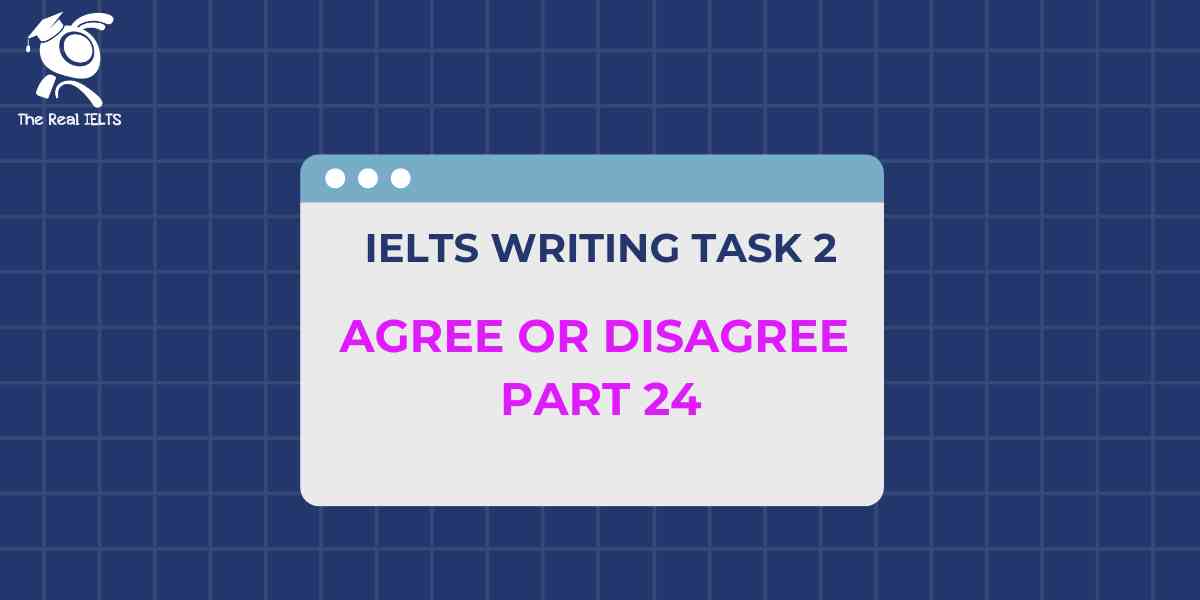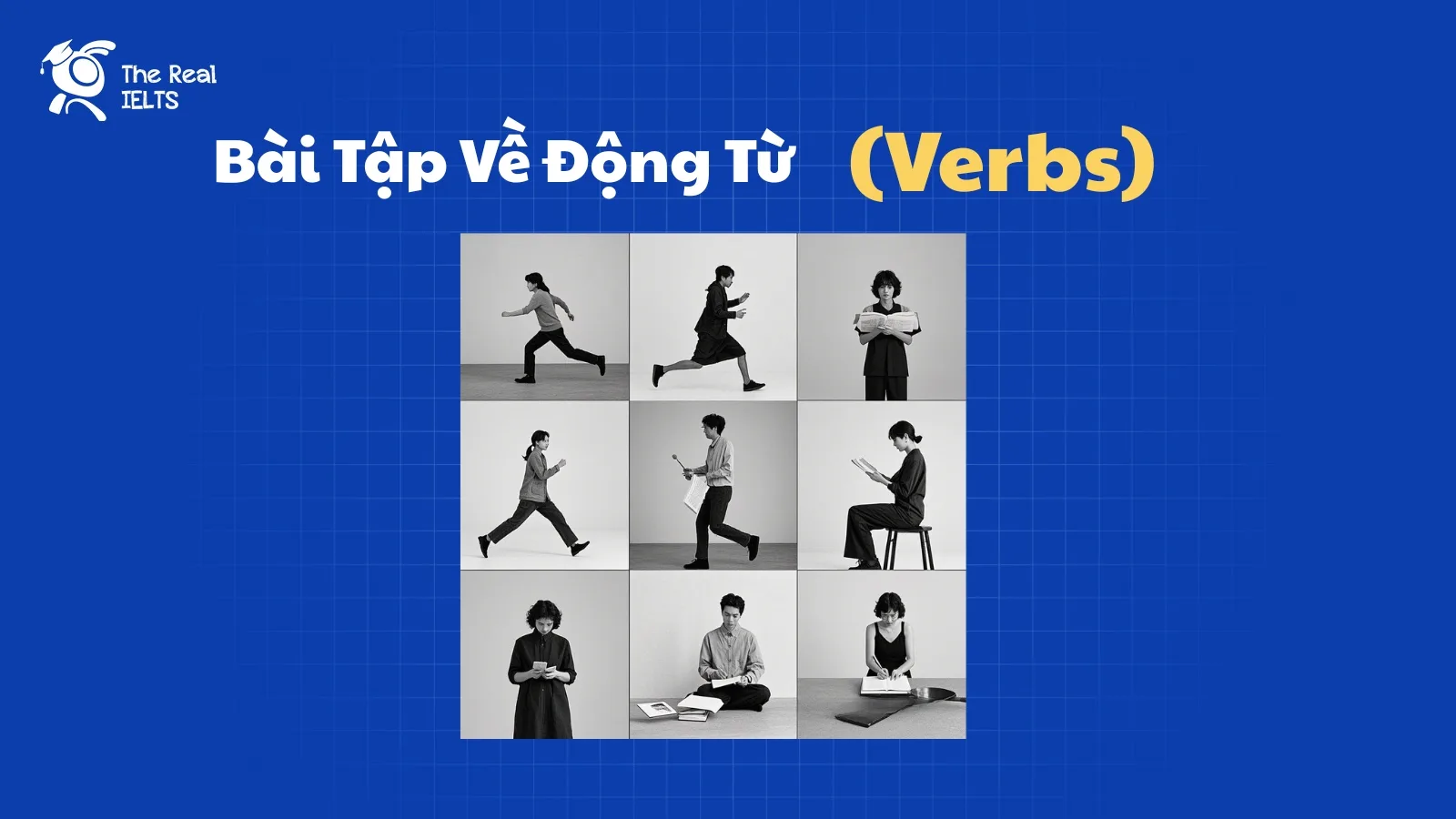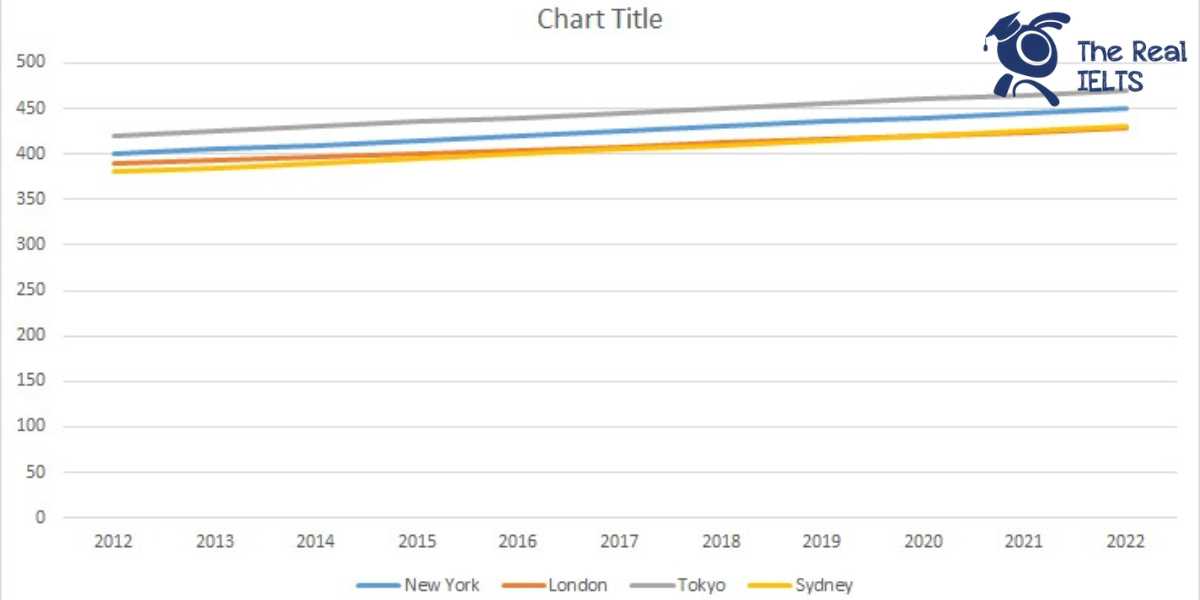IELTS Reading 34: The role of early childhood education là chủ đề thuộc chuỗi bài luyện tập 11 dạng bài IELTS Reading và các bài tập luyện tập.
Học lại bài cũ: IELTS Reading 33: Benefits of learning foreign languages.
IELTS Reading: The Role of Early Childhood Education
Early childhood education, typically provided for children between the ages of three and five, has been identified as a critical stage in a child’s development. Numerous studies emphasize that early learning experiences lay a foundation for future success, influencing both academic achievements and social development. The importance of this stage cannot be overstated, as it is during these years that children develop essential cognitive, emotional, and social skills.
In early childhood settings, children engage in structured activities that promote language, motor skills, and basic numeracy. These foundational skills are taught through play-based learning, an approach proven effective in enhancing a child’s interest in learning. Through games, storytelling, and interactive play, children begin to recognize letters, numbers, and shapes, which prepare them for formal schooling. Furthermore, social interactions in a group setting enable children to learn cooperation, patience, and empathy.
Moreover, early childhood education programs play an important role in identifying developmental delays or learning disabilities early on. Trained educators can detect signs of speech delay, social withdrawal, or cognitive difficulties, allowing for early intervention. Such timely support has shown to improve outcomes significantly, ensuring that children with special needs receive appropriate assistance before they enter the primary school system.
Investments in early childhood education yield substantial benefits for societies. Research indicates that children who participate in quality early education programs are more likely to graduate from high school and pursue higher education. They also exhibit lower dropout rates and are less likely to engage in delinquent behavior. Studies suggest that each dollar invested in early childhood education saves several dollars in social and educational interventions later on.
The role of early childhood educators is critical to the success of these programs. Educators not only teach but also serve as role models and nurturers, creating a safe environment that encourages children to explore, learn, and grow. Their ability to tailor activities to each child’s developmental stage and personality is fundamental to fostering a love for learning in young children.
In conclusion, early childhood education forms the foundation upon which future learning and personal development are built. Its impact extends beyond academic readiness, as it fosters essential life skills and sets the stage for lifelong learning and success. This early investment is one of the most effective ways to ensure a better future for individuals and society alike.
Question
1. Multiple Choice (Chọn đáp án đúng)
Question: What is one of the main benefits of early childhood education according to the passage?
A) It reduces the number of teachers needed.
B) It helps identify developmental delays.
C) It ensures children have fun.
D) It limits children’s social interactions.
Answer: B) It helps identify developmental delays.
2. True/False/Not Given (Đúng/Sai/Không có thông tin)
Statement: Early childhood education programs can help children learn to cooperate with others.
- Answer: True
Statement: All children who attend early childhood education programs are guaranteed to excel in school.
- Answer: Not Given
3. Yes/No/Not Given (Có/Không/Không có thông tin)
Statement: Early childhood educators only focus on teaching academic skills.
- Answer: No
Statement: Investing in early childhood education leads to long-term societal benefits.
- Answer: Yes
4. Matching Information (Ghép thông tin)
Match the following statements with the correct paragraph:
A) The importance of early intervention in childhood education.
B) The role of play in early childhood learning.
C) The benefits of quality early education programs.
Answer:
A – Paragraph 3
B – Paragraph 2
C – Paragraph 4
5. Matching Headings (Ghép tiêu đề)
Choose the appropriate heading for each paragraph:
- The developmental impact of early learning experiences
- Early detection of learning disabilities
- The significance of trained educators in early childhood
Answer:
1 – Paragraph 1
2 – Paragraph 3
3 – Paragraph 5
6. Matching Sentence Endings (Ghép kết thúc câu)
Complete the sentences:
- Early childhood education helps children to…
A) …play alone without interaction.
B) …recognize letters, numbers, and shapes. - Research shows that investing in early childhood education…
A) …is a waste of resources.
B) …saves money on future social interventions.
Answer:
1 – B) …recognize letters, numbers, and shapes.
2 – B) …saves money on future social interventions.
7. Sentence Completion (Hoàn thành câu)
Complete the following sentence:
Children engage in structured activities that promote language and __________.
- Answer: motor skills
8. Summary Completion (Hoàn thành bản tóm tắt)
Complete the summary:
Early childhood education is vital for __________ development and prepares children for formal schooling. Additionally, it aids in identifying __________ or learning disabilities early.
Answer: cognitive; developmental delays
9. Diagram Label Completion (Hoàn thành nhãn sơ đồ)
Complete the labels in the diagram of early childhood education benefits:
- Foundation for: __________
- Improved: __________
- Life Skills: __________
Answer:
- Future learning
- Academic performance
- Cooperation and empathy
10. Short Answer Questions (Câu hỏi trả lời ngắn)
Question: What method is used to teach foundational skills in early childhood education?
- Answer: Play-based learning
Question: What is one long-term outcome of participating in quality early education programs?
- Answer: Higher graduation rates
11. Table/Flowchart/Note Completion (Hoàn thành bảng/sơ đồ dòng/chú thích)
Complete the following table:
| Benefit of Early Childhood Education | Description |
|---|---|
| Cognitive Development | __________ |
| Early Detection of Learning Disabilities | __________ |
| Social Skills | __________ |
Answer:
| Cognitive Development | Lays a foundation for future success | | Early Detection of Learning Disabilities | Allows for timely support | | Social Skills | Teaches cooperation, patience, and empathy |


